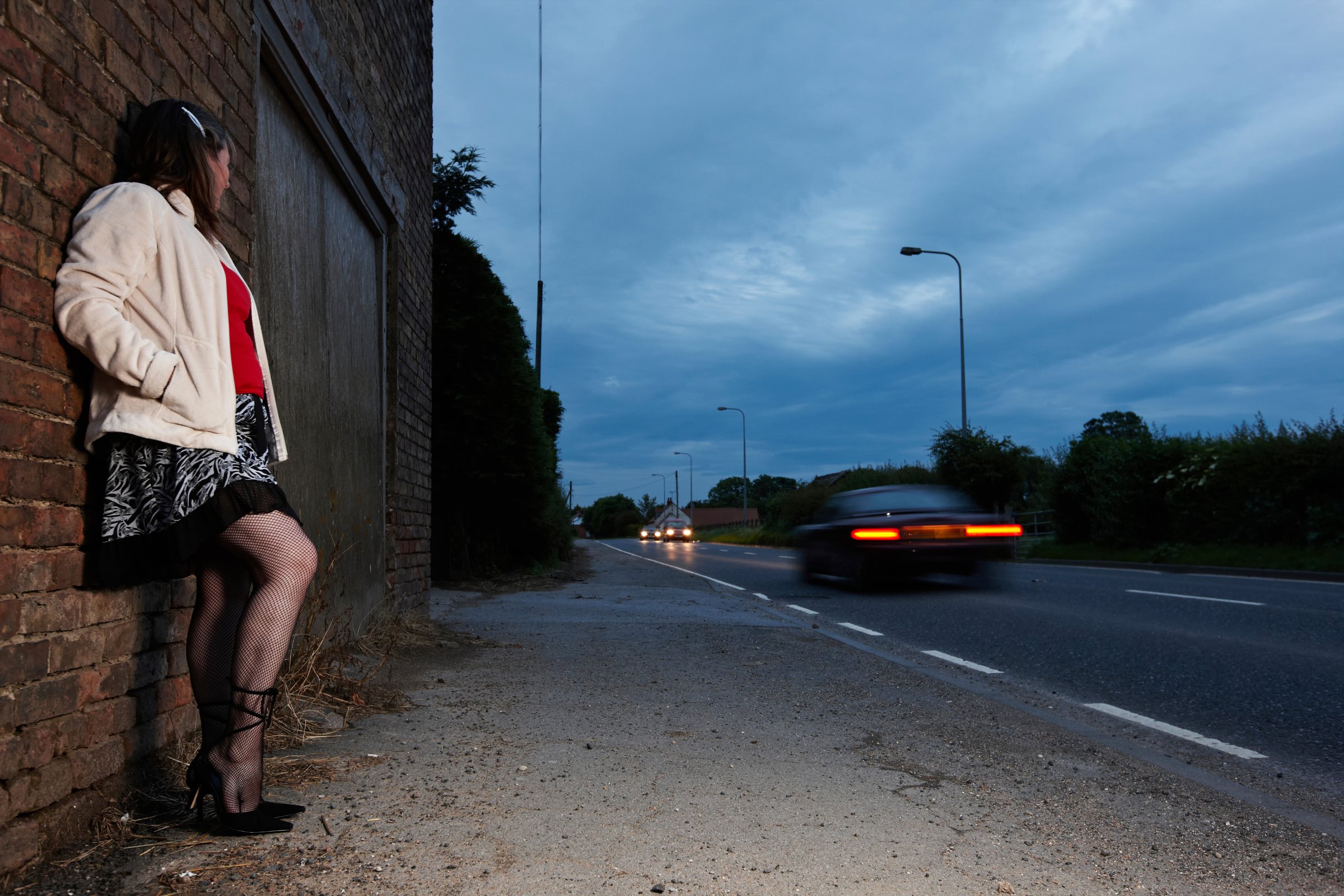
Though prostitution has the potential to be lucrative, most sex workers rarely reap the benefits of their revenue, according to a new report on the economics of sex work.
The study commissioned by the Justice Department looked at the underground commercial sex economy in eight major U.S. cities—Atlanta, Dallas, Denver, Kasas City, Miami, Seattle, San Diego and Washington, D.C. Researchers conducted 250 interviews with pimps, traffickers, sex workers and child pornographers—many of whom were serving time—about their business dealings in those areas. They found that the illicit sex economy had an estimated worth of $39.9 to $290 million in 2007 in each city. Atlanta was the most profitable city, and Denver was the least.
Pimps and traffickers raked in between $5,000 and $32,833 per week employing an average of five sex workers at a time (with a high rate of turnover). They charged johns an average of $150 per hour—a price point that was consistent across the country—though prices could vary depending on the age, race and drug use of the sex worker. Half of the pimps interviewed advertised online, and one fourth of those interviewed used sites like Backpage.
But pimps and prostitutes’ expenses are high, and they saved little from their earnings. Pimps can spend thousands on hotel rooms and shopping sprees for their employees, according to the report. “Prostitution and pimping — in many cases that’s not particularly profitable,” Amy Farrell, a researcher not involved in the study at Northeastern University told the New York Times. “Some parts are more marketable than others.”
And it turns out that family has a greater influence on the decision to go into sex work then previously thought. The study found that pimps and sex workers were often encouraged by family members to get into the business. Some grew up around sex work, normalizing the practice, and decided to take it on themselves when they grew up. In other instances, prostitutes would ask family members for protection and eventually ask them to act as pimps. About 30 percent of the subjects interviewed said they had family members involved in the industry.
For many, sex work isn’t all that lucrative, but it seems to offer a way out from even more dire circumstances. “When I was little, I was on welfare, I lived in the projects,” one pimp who was interviewed said. “Dope fiends, pimps and prostitutes. Gang bangers, helicopter over your roof. That’s no way to live. Seeing glitz and glamour, I always wanted that. Coming up like that, having square jobs was never appealing.”
One illicit sex industry that defied economic calculus was the child pornography industry. According to the study, kiddie porn is often traded for free. Offenders therefore often considered it a “victimless crime.”
More Must-Reads from TIME
- How Donald Trump Won
- The Best Inventions of 2024
- Why Sleep Is the Key to Living Longer
- Robert Zemeckis Just Wants to Move You
- How to Break 8 Toxic Communication Habits
- Nicola Coughlan Bet on Herself—And Won
- Why Vinegar Is So Good for You
- Meet TIME's Newest Class of Next Generation Leaders
Write to Eliana Dockterman at eliana.dockterman@time.com